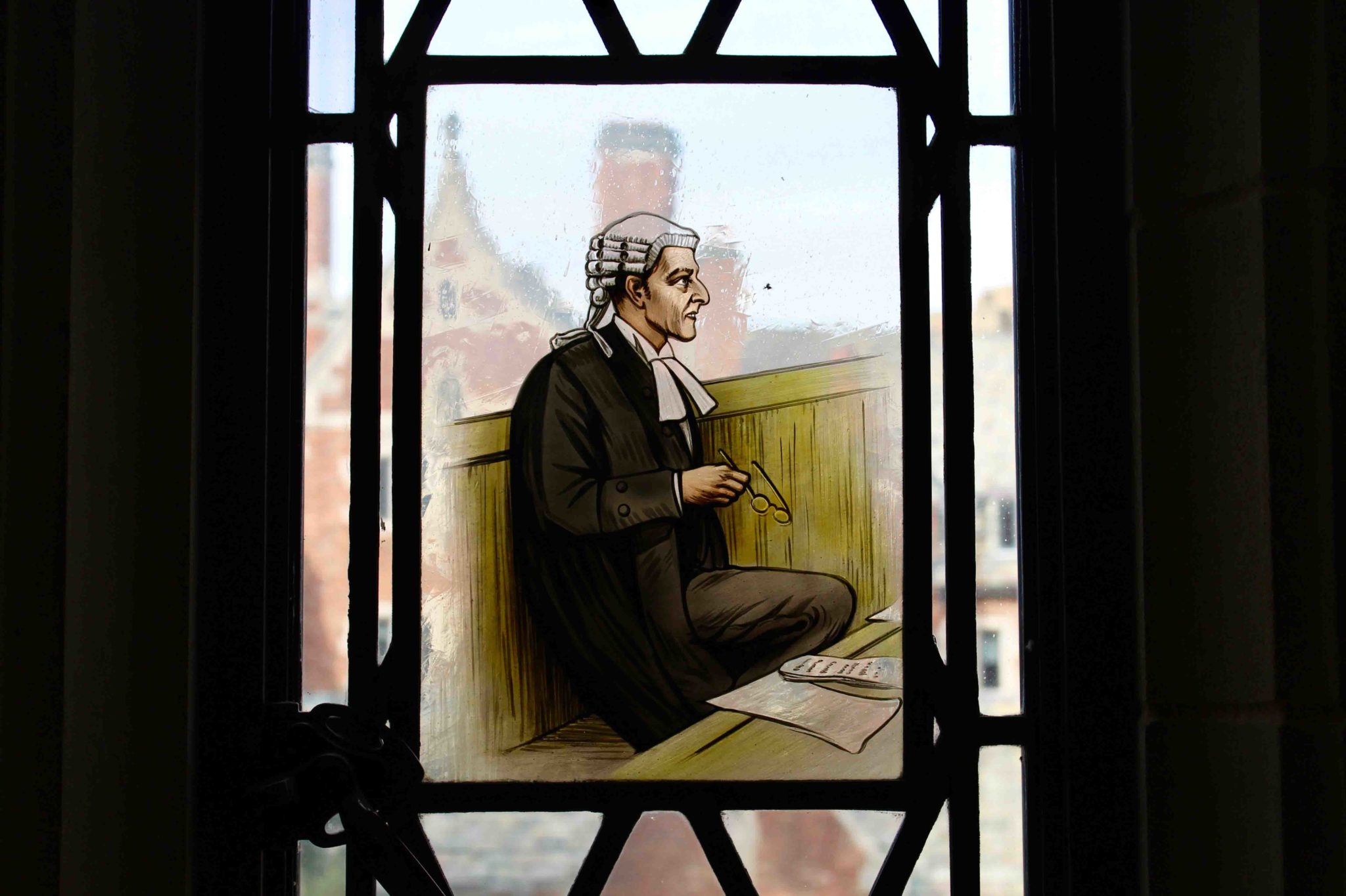
Lamonte McIntyre was arrested on April 15, 1994, accused of committing a double homicide earlier that day. He spent the next 23 years behind the bars of a Kansas City jail for a crime he did not commit.
Over two decades later, and with the help of a Yale Law School clinic, further investigation by Centurion Ministries and the Midwest Innocence Project revealed a number of ethical transgressions committed by the prosecution, the police detective involved and even the judge who presided over the case. In light of mounting evidence that he was denied his constitutional right to a fair trial, a motion was filed to grant McIntyre a new trial, and last Friday, he was finally exonerated. Law School lecturer Lawrence Fox had a hand in McIntyre’s long-overdue release — Fox provided expert testimony on the ethical breaches committed by the prosecution, judge and members of the police department during McIntyre’s initial trial.
“Mr. McIntyre’s case underscores the deep injustices that remain present in our criminal justice system today,” said Christine Smith LAW ’19, a student in the Law School’s Ethics Bureau, whose members helped Fox prepare for his testimony. “While confronting the reality of these cases can at times be discouraging, my experience with the Ethics Bureau has only served to highlight the impact that committed attorneys can have in improving our system.”
Among the instances of unethical behavior that Centurion Ministries and the Midwest Innocence Project uncovered were an undisclosed relationship between a prosecutor and the judge and the prosecution’s withholding of exculpatory evidence from the defense.
Fox, who heads the Ethics Bureau at the Law School and lectures on professional responsibility, said the newfound evidence demonstrated “serious, serious misconduct.”
“Nothing could taint a trial more than that kind of relationship,” Fox said regarding the allegations that the judge and prosecutor had been involved romantically. “[It] obliterated any semblance of judicial impartiality in Mr. McIntyre’s trial and infected every aspect of these proceedings with implicit bias.”
Smith and several other students involved with the Ethics Bureau assisted Fox in the preparation for his testimony and in researching for his expert-witness report. Jessie Garland LAW ’19, who, with the other students in the Ethics Bureau, helped Fox prepare for his testimony by staging a mock cross-examination, said the Ethics Bureau does “incredible” work across the country on legal issues involving ethical misconduct.
The hearing on McIntyre’s case that took place earlier this month was intended to determine whether there would be a retrial. But following Fox’s testimony and the deluge of evidence of prosecutorial, judicial and police misconduct, Wyandotte County District Attorney Mark Dupree Sr. dropped the charges against McIntyre at the hearing and announced his plan to form a conviction-integrity unit within his office.
Tricia Bushnell, director of the Midwest Innocence Project, emphasized the importance of Fox’s testimony in securing McIntyre’s exoneration.
“Mr. Fox’s testimony was a reminder of the importance of judicial ethics and the role it plays in all parts of a case, from trial to appeal to a motion for a new trial,” Bushnell said in a summary of the case on the Law School’s website. “His testimony and report played a critical role in Mr. McIntyre’s case.”
Just under 1,800 wrongful convictions have been overturned since 1989, according to the National Registry of Exonerations.
Daniel Dager | daniel.dager@yale.edu







